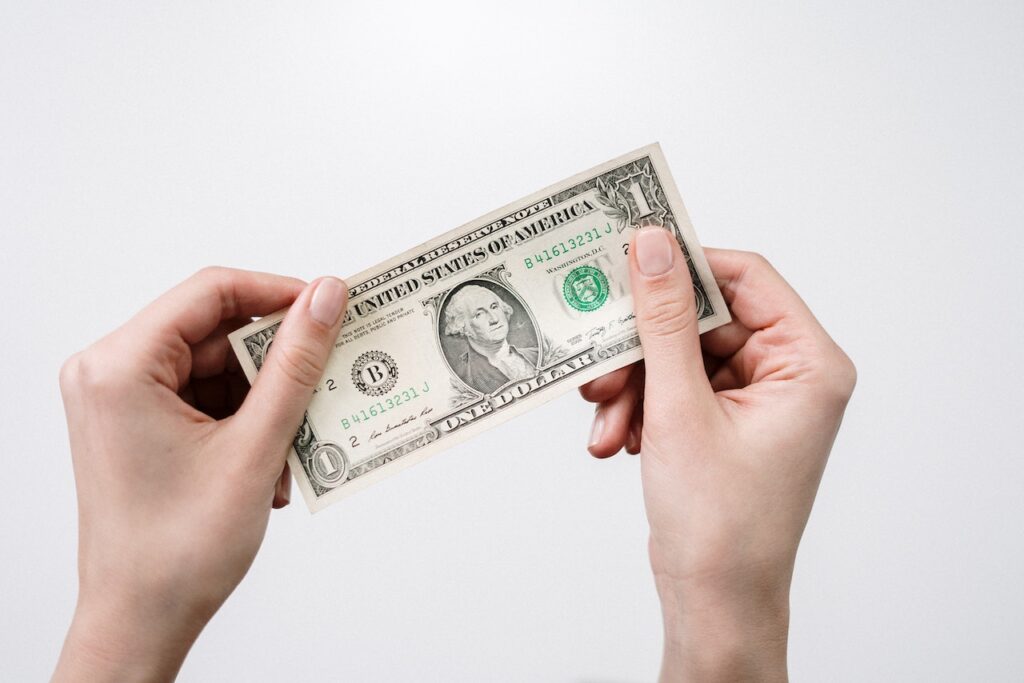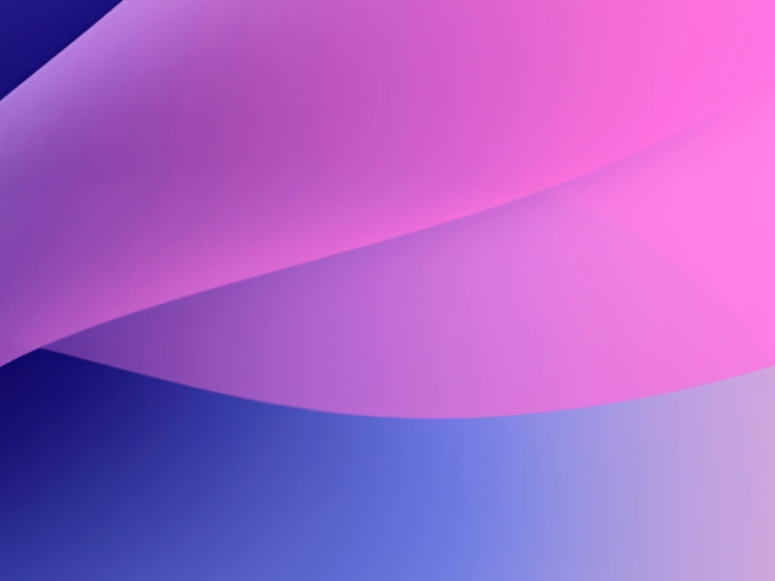Business websites are generally improving as more companies have recognized the advantages of inbound marketing. Modern website designs have become more efficient and user-friendly, focusing on functionality, mobile responsiveness, and faster loading times.

A website serves as the focal point of your inbound marketing plan. Website redesign costs can vary significantly, depending on the project’s complexity. Simple redesigns may cost a few hundred dollars, while advanced and custom-built websites for large corporations can cost millions. Thus, businesses often need help determining the appropriate budget for a website design and what features they should expect to receive for their investment.
This article aims to provide a clear and comprehensive answer to this common concern.
We have categorized all major elements that add up to the cost of a web design:
1. External Factors Affecting Web Design Cost
Project Intensity, Skill Requirement, and Resources Needed.
Scope of the Project: The cost of a project can be significantly impacted by its size and complexity. A simple website with a limited number of pages and basic functionality is frequently less expensive than a complicated one with several features. Additionally, it will require the use of unique development services.
- Customization adds up the price: The needed level of customization can also affect the cost of a web design project. Developing custom designs and distinctive features will take more time and money. And this may significantly raise a project’s overall cost.
- Experience and Knowledge: The web design agency’s experience and expertise may impact costs. Big Agencies with more experience will cost more because of their level of expertise, market reputation, and insights into the field.
- Command on Tools: Web agencies can access various tools that give them an edge in the market. Hence, expert designers and developers use different tools to produce websites. Some examples are Wix, Shopify, WordPress, Squarespace, Adobe Dreamweaver, Google Web Designer, Canva, AdobeXD, Webflow, InvisionStudio, Figma, and Nova.
2. Internal Factors Affecting the Cost of Web Design
A successful website design incorporates several elements, including consistency, font, graphics, colors, and functionality. The following are the internal factors influencing the budget of a website:
Theme Based Platforms:
In Today’s internet world, theme-based websites play a significant role. The best-designed themes are great for conversion rates and increased revenue. The web development price may rise if we add front-end forms, registered themes, and policy pages to our package.
Logo and Identity:
Having a reputable brand is extremely important for the success of a brand. The only evident indication to target audiences is defining your Logo and Branding Identity. Hence, the requirement of editing graphics or vector-based visuals such as logos increases the cost.
Plugins:
A plugin is a little piece of code or software created by a programmer or designer that you can quickly install on your website. Plugins are designed to close this knowledge gap, enabling us to enhance our website’s functionality and user experience. They usually are added to the agencies or designer packages.
3. Featuring The Size and Complexity of the Website
The Number of Pages:
You can design a straightforward website for a small business for between $100 and $500. However, this price may increase based on your demand and the number of pages.
The Features and Functionality Required:
Photos and images are one of the best methods to boost the website’s look. It’s no secret that a lovely style and some organic images are the essential components of a well-designed website. However, adding extra features like videos, photos, or elements requires more labor.
Moreover, adding Widgets like music players, booking and calendar widgets, email newsletters (using MailChimp or INinbox), social media widgets, and customer chat boxes give the website more functionality.
Lastly, A well-designed e-commerce site will influence purchasing decisions by showcasing icons to their full potential and making it simple for customers to act and close a deal to buy.
4. Design and Development Expertise
A web designer’s technical skills, like User Experience Designing, add the Labor cost to the total expense.
Professional Designers may guarantee excellent customer service and brand loyalty for an organization’s online presence by prioritizing the user’s experience in their designs. The designer uses their understanding of user interface to select the suitable typefaces and layouts for action buttons, menus, and other images. Furthermore, they consider how well a website will perform in search engines by following SEO principles regarding keywords, upload speed, and domain authority.
It increases the value of a web designer who knows coding languages like JavaScript, HTML, and CSS to create website systems and incorporate material ranging from aesthetics to interactive features. Thus, Web designers frequently use hosting technologies to store website material and perform back-end operations.
The resources needed (such as developers, designers, and writers)
Website development and web design are the two primary jobs in developing a website. It requires a team of Developers, designers, content writers, and SEO experts, who build the website, design and run campaigns, optimize the material and keywords, and use content to increase visitors. The bigger the team, the better the results and the cost would vary accordingly.
5. Getting Quotes from Multiple Web Design Agencies
Agencies frequently send website quotations at the start of a project to inform and persuade clients to choose their services over those of rival agencies. To find the right one, you have to examine the potential agencies and judge the work they have created. Next, create a list of essential features for your website and select your budget and timetable. Finally, place a call to discuss your idea and ask for a quotation.
Work with Vowels:
We at Vowels are skilled at creating eye-catching branding designs. We possess the knowledge and expertise necessary to consider the wider picture. Your website is the culmination of all of your internet marketing and your offline marketing as well. For your website to successfully drive sales, it must collaborate with various components, including social media and search engines. Therefore, we at Vowels have a solid grasp of the procedure and can help your brand shine online.
Let’s talk; schedule a call Today!
6. FAQs
Q. What to consider while selecting a design firm?
Ans. Here is checklist to consider before selecting a web design firm:
- Budget based on required need,
- Research for agencies and their work
- Check their Portfolio & Case Studies
- See Customer Feedback
- Look at the UI/UX Expertise
Q. What tools are required to design websites?
Ans. Following are a few tools that help designers design their websites.
- Adobe Photoshop and Illustrator
- Figma
- Adobe InDesign
- CorelDRAW
Q. How much does it cost to have a five-page website?
Ans. The price of developing a five-page website varies depending on the styles and functionalities your company requires. Typically, it can cost around $500 to roughly $1000, but if you want a fully personalized five-page site, ask for a quotation. Agencies like Vowels have plenty of flexible options available that will suit your budget and requirements.
Popular Searches
Affordable Web Design Agency in Dubai | Doctor’s Web Designing Guide | Lawyer’s Web Designing Guide | Creative Professionals’ Web Designing Guide | Non Profit Organization’s Web Designing Guide | E-commerce Business’ Web Designing Guide | Small Business’s Web Designing Guide | Beginners’ Web Designing Guide | Future of Web Designing | Latest We Designing Trends | How to Shortlist Web Design Agency | Benefits of Hiring a Web Design Agency | Exploring Key Web Design Services | Power of Web Design | Importance of Web Designing | How to Choose Right Web Design Agency | Web Designing Importance in Marketing Strategy

I'm a business strategist and brand consultant who helps brand solve their business problems through developing competent experiences driven by insights from diagnosing leadership mindset. Need help with your brand? — Get in touch
Ready To Grow?
Reach Out To Us
-

-

- 310+
- Join more than 310 successful clients! 😮



